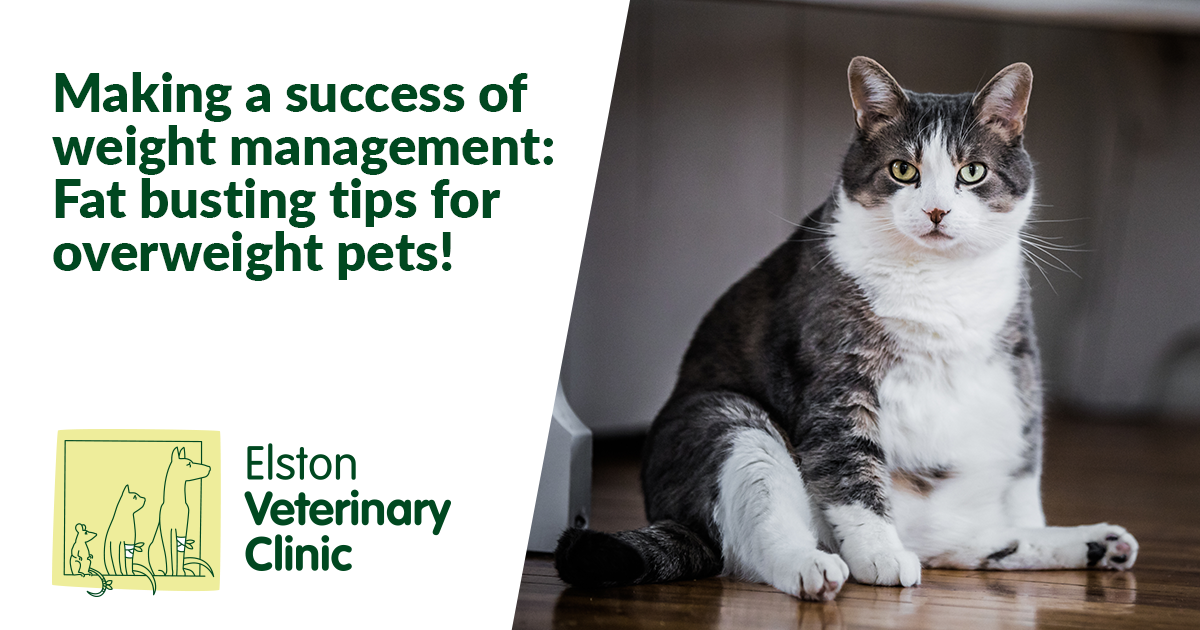In an era when the emotional bonds between humans and pets have become more profound than ever, the phenomenon of pet obesity has emerged as a serious concern. What was once merely an inconvenience is evolving into a complex intersection of affection, responsibility, and, alarmingly, neglect. This discussion delves into the dual nature of pet obesity, contemplating whether it signifies neglect or merely love gone astray.
Imagine a scenario where the heartstrings of a caregiver are plucked as they watch their furry companion indulge in culinary delights. These moments, often perceived as tokens of affection, can unintentionally morph into a path leading to obesity. This paradoxical notion positions love at the crossroads of wellbeing and excess, presenting a multifaceted dilemma that many pet owners face.
Pet obesity, defined as an abnormal or excessive fat accumulation detrimental to health, is not just a cosmetic concern; it is a harbinger of serious health issues. According to veterinary standards, a pet is deemed obese if it weighs 20% more than its ideal body weight. The obesity epidemic in pets mirrors societal trends in humans; one in three pets is classified as overweight or obese. Yet, the emotional impetus for this condition is often dismissed, leaving unanswered questions about the intentions behind our actions.
To navigate this labyrinthine issue, it is essential to recognize that the motivations behind overfeeding a pet often stem from genuine affection. The act of feeding is deeply rooted in nurturing behavior; it satiates not only the physical hunger of our animals but also the emotional hunger of their caregivers. Just as one might give a child extra cookies out of love, many pet owners extend this sentiment toward their beloved animals. The intertwining of food and affection engenders a form of relational bonding that can become perilous when left unchecked.
However, this well-intentioned affection can quickly spiral into neglect when the health ramifications are overlooked. Love without mindfulness transforms into a neglectful action. The neglectful aspect is not born out of malevolence, but rather from a lack of awareness regarding the implications of excess weight on a pet’s quality of life. Conditions such as diabetes, arthritis, and cardiovascular diseases become prevalent threats that stem from a simple act of kindness gone awry.
The psychological effects of pet obesity extend beyond the physical realm. Pets burdened with excess weight often experience decreased mobility, leading to a sedentary lifestyle. This inertia curtails their ability to engage in play— a cornerstone of both physical exercise and emotional satisfaction. Pets, like humans, are social beings that thrive on interaction and activity. The consequence of their sluggish state is not just physical; it manifests in behavioral changes, often rendering once-vibrant companions into apathetic shadows of their former selves.
When examining the psychological components of pet obesity, it is crucial to consider the dynamics of pet ownership. The transactional relationship between a pet and its owner can evoke feelings of guilt and inadequacy among caregivers, particularly when faced with the societal standards of perfect pet care. In a culture inundated with images promoting the “perfect” pet body, owners may feel pressure to keep their pets “happy” by indulging them with food. Herein lies the crux: the fine line between treating a pet and inadvertently causing harm through overindulgence.
Balancing love and overall wellbeing requires a paradigm shift in how affection is expressed. During the formative stages of a pet’s life, owners need to adopt a proactive approach toward nutrition and exercise. Implementing structured feeding schedules, opting for high-nutrient foods, and integrating regular physical activity into daily routines can foster a healthier lifestyle. Just as a well-oiled machine requires proper maintenance, so too does a pet require deliberate care and attention.
Another essential consideration is the role of education. Veterinary professionals play a pivotal role in this arena, guiding owners toward informed decisions regarding their pets’ health. Educational initiatives can empower pet owners with knowledge about appropriate portion sizes, essential dietary components, and exercise routines tailored to their pets’ unique needs. Awareness is key in unraveling the complexities surrounding pet obesity. The more knowledge pet owners possess, the greater their capacity to love without compromising their animals’ wellbeing.
The poignancy of the pet obesity issue resonates with timeless truths about responsibility and the nuances of love. The delicate balance between affection and neglect necessitates a shift in perspective; love should translate into better care rather than indulgence. As caregivers, there exists an imperative to cultivate an environment that champions health over excess, prioritizing the overall wellbeing of our companions above fleeting moments of gratification.
In summation, the complex quandary of pet obesity sheds light on the relationship between neglect and love. While the motivations may be rooted in affection, the results can yield disastrous consequences if awareness and education are lacking. It is vital for pet owners to recognize that in nurturing their furry friends, they must consider the implications of their choices. Love, when wielded responsibly, fosters a healthy, happy life for our pets—a commitment that transcends simple indulgence and speaks to the bond we share with them.








